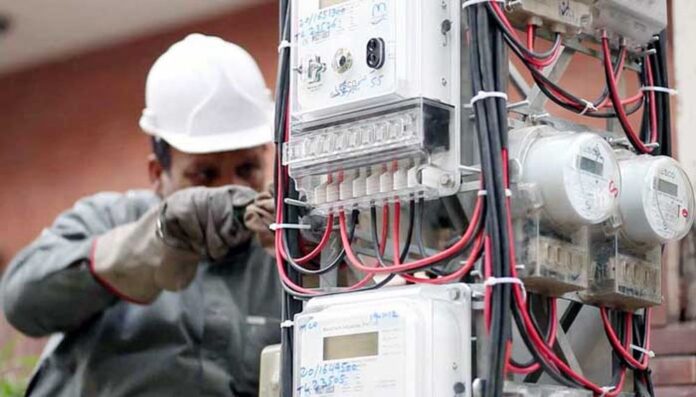Business leaders have strongly opposed the proposed 2,600% increase in security deposit charges by electricity distribution companies (DISCOs), warning that the move would severely impact industries, particularly export-oriented sectors. They have urged the National Electric Power Regulatory Authority (NEPRA) to reject the hike and conduct an audit of existing security deposits collected from consumers.
The Karachi Chamber of Commerce and Industry (KCCI) and the Pakistan Tanners Association (PTA) have raised concerns over the proposal, arguing that it would cripple industrial growth by diverting essential working capital toward financing inefficient power companies.
The proposed increase, which includes raising security deposits for B2 category consumers from Rs2,010 per kilowatt to Rs54,783 per kilowatt, is being labeled as excessive and unjustified.
KCCI President Muhammad Jawed Bilwani emphasized that businesses had already been struggling with rising electricity tariffs and economic pressures. He urged NEPRA to halt the proposed increase and initiate a transparent consultation process before implementing any financial burden on industries.
In his letter to NEPRA, Bilwani pointed out that DISCOs, including K-Electric, had already collected security deposits far exceeding actual demand, calling for a comprehensive audit of these funds.
He noted that K-Electric had collected deposits equivalent to a sanctioned load of 13,000 megawatts, while the city’s peak electricity demand barely reaches 3,500MW and averages between 2,200 and 2,400MW. He alleged that similar overcollection practices were occurring nationwide, where DISCOs had sanctioned a total of 97,800MW, despite peak national demand standing at just 23,000MW.
Chairman of the Pakistan Tanners Association (PTA), Hamid Arshad Zahur, also criticized the proposed increase, calling it unaffordable for export-driven industries. He highlighted that higher taxation and energy costs had already reduced Pakistan’s competitiveness against India, Bangladesh, and Vietnam, and the new security deposit structure would further weaken industrial growth.
Zahur emphasized that the security deposit hike would lead to severe cash flow constraints, preventing businesses from investing in new machinery and expanding exports. He argued that instead of improving revenue collection, DISCOs were unfairly shifting their financial risks onto consumers, which would only drive more industries toward self-generation through solar energy, further reducing DISCOs’ consumer base.
Business leaders have also challenged the rationale behind the proposal, questioning why security deposits were being raised despite existing legal safeguards, such as property ownership verification and established billing recovery mechanisms. They warned that the move would discourage industrial expansion and directly contradict government efforts to revive economic growth.
Appealing to Federal Minister of Energy Awais A. Khan Leghari, Special Assistant to the PM Muhammad Ali, and NEPRA Chairman Waseem Mukhtar, business leaders demanded an immediate review of the proposed hike to prevent irreparable damage to Pakistan’s industrial and export sectors.




